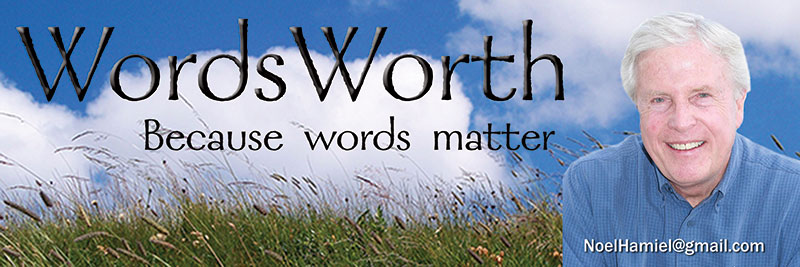Politically correct: Marked by or adhering to a typically progressive orthodoxy on issues involving especially ethnicity, gender, sexual orientation or ecology. – Dictionary.com
Nine in 10 American Indians say they are not offended by the mascot name “Redskins” used by the Washington professional football team.
It was a timely blow for free speech and a major setback for political correctness.
“I’m proud of being Native American and of the Redskins,” Chippewa teacher Barbara Bruce told the Washington Post, which commissioned the poll. “I’m not ashamed of that at all. I like that name.”
According to Dictionary.com, politically correct is defined as “Marked by or adhering to a typically progressive orthodoxy on issues involving especially ethnicity, gender, sexual orientation, or ecology.”
The continuing conflict between hypersensitive word police and common sense didn’t start with the Redskins. Or even the Fighting Sioux of the University of North Dakota, which relinquished its moniker following intense pressure by the NCAA and legal wrangling.
In 1974, as a sportswriter for the Huron Daily Plainsman, I recall vividly when Huron College replaced the nickname “Scalpers” with “Tribe.” The discussion – similar to today – focused on which mascot names were offensive.
The point then, and now, is that free speech is precisely that. People sometimes say things that are offensive to me, but perhaps not to you. With few exceptions, speech is protected. Some exceptions are libel, child pornography, obscenity, and also hate speech, if it can be shown that it promotes “imminent violence.” In that vein, most college administration efforts to control controversial speech have been ruled unconstitutional.
In driving through St. Peter, Minn., awhile back, I noted the Red Men Club next to the hotel where we were staying. My goodness, I thought to myself, I’m surprised such a name can continue, especially in liberal Minnesota. Turns out the club is a fraternal organization with 350 members and donates $60,000 a year to St. Peter. The manager told me there had been no issues over the name in recent years.
The great Sioux chief Sitting Bull described the skin of his people as “red.”
Many mascot names are intended to honor his race, focusing on strength and fighting spirit. A few, such as “Scalpers,” go over the line.
There will be honest disagreement over some names but the First Amendment allows Americans to say and use words that are objectionable. The response in some cases – by universities, newspapers, and others – has been to apply the political correctness doctrine. A premier case in point is the furor over the Washington Redskins. And then there are the Redmen. Or Braves. Or even Warriors. The PC police want them removed. It is this continual push that is offensive, not the names.
June 8, 2016
